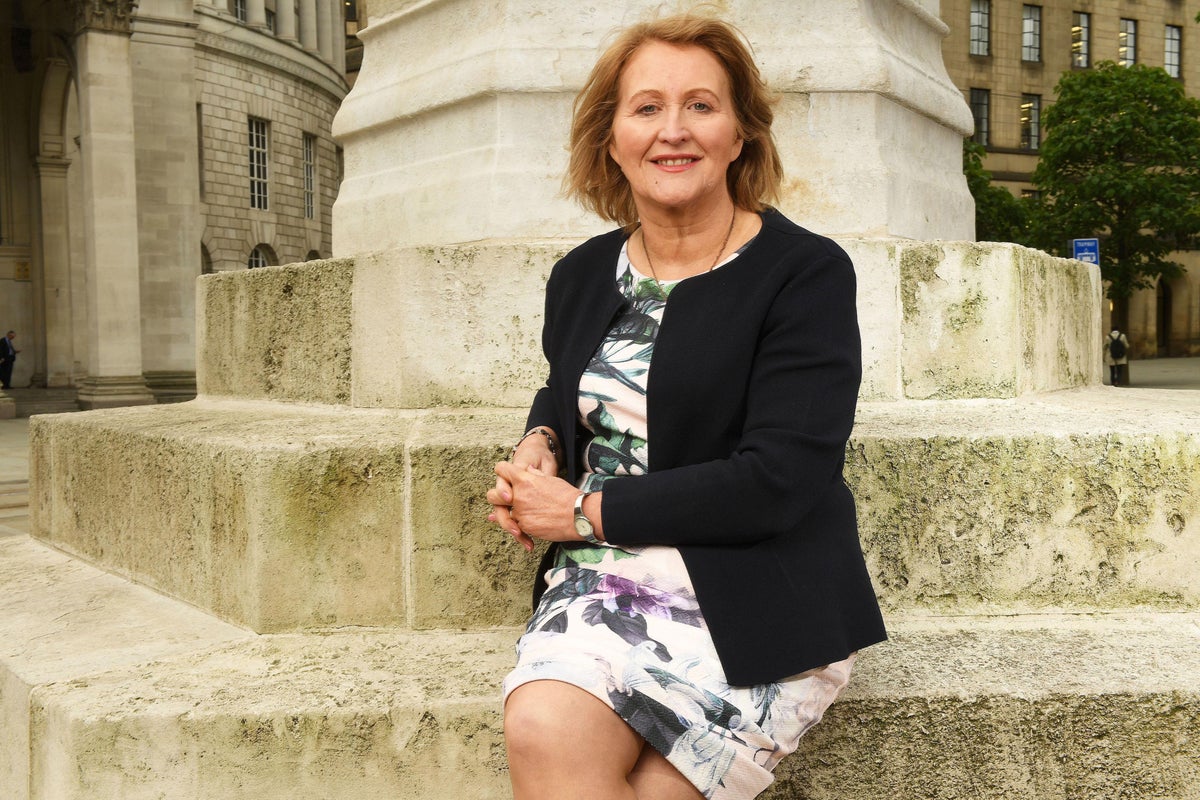
The Government should make a formal apology to children for “avoidable mistakes” made during the Covid pandemic and damage done to their wellbeing and education, the ex-children’s commissioner has said.
In a statement after giving evidence to the Covid Inquiry on Thursday, Baroness Anne Longfield said the apology would give whoever is prime minister when the inquiry’s final report is published the chance to recognise that “children and young people were overlooked and frequently ignored by the then government” in the planning and delivery of its Covid response.
Giving evidence to the inquiry, Lady Longfield said she was worried that during the pandemic children had not been given adequate consideration in decisions made, and said things could have been done differently to protect children’s wellbeing.
“The children and young people who experienced the Covid pandemic – some of whom will now be adults and some of whom are just starting school – are owed a formal apology from the prime minister in Parliament once the inquiry has published its final report,” she said in a statement after giving evidence.
“An apology would give the Government an opportunity to formally acknowledge the avoidable mistakes and the damage that was done to many children’s wellbeing, education, health, development, and safety, following decisions that were made by the then government in 2020 and 2021.”
A formal apology would “recognise that children and young people were overlooked and frequently ignored by the then government in its planning for a pandemic, in the delivery of its response to Covid, and its longer-term impact – and that this was disastrous for some children,” Lady Longfield, who was children’s commissioner from 2015 to February 2021, added.
Many vulnerable children were exposed to greater risks inside the home and online as a result of lockdowns and the closing and reopening of schools was “shambolic” for most children, she said, leaving a long-term impact on learning.
She added that the rule of six was “harmful” to the health and development of children, and decisions made on children’s social care and children in the secure estate did not take adequate account of the impact on them.
Asked during the inquiry whether she was satisfied some part of government was articulating concerns about the welfare of children at the time when the most significant pandemic decisions were being made, Lady Longfield said she felt there was no one at the top level making decisions who was assessing the impact on children.
“The nearest was the education secretary, I believe, (who) wasn’t involved in many of these decisions, so children had no voice within it, which is what I believe led to a series of confused responses to children’s needs,” she said.
On occasion children “came behind in the queue to pubs, shops, theme parks, but also adults throughout,” Lady Longfield added in her evidence.
In her statement, she said as part of the apology, the Government should promise children’s interests will be at the heart of decision making in the event of any future pandemic, and that there will be planning to enable schools to stay open wherever possible.
The inquiry continues.
